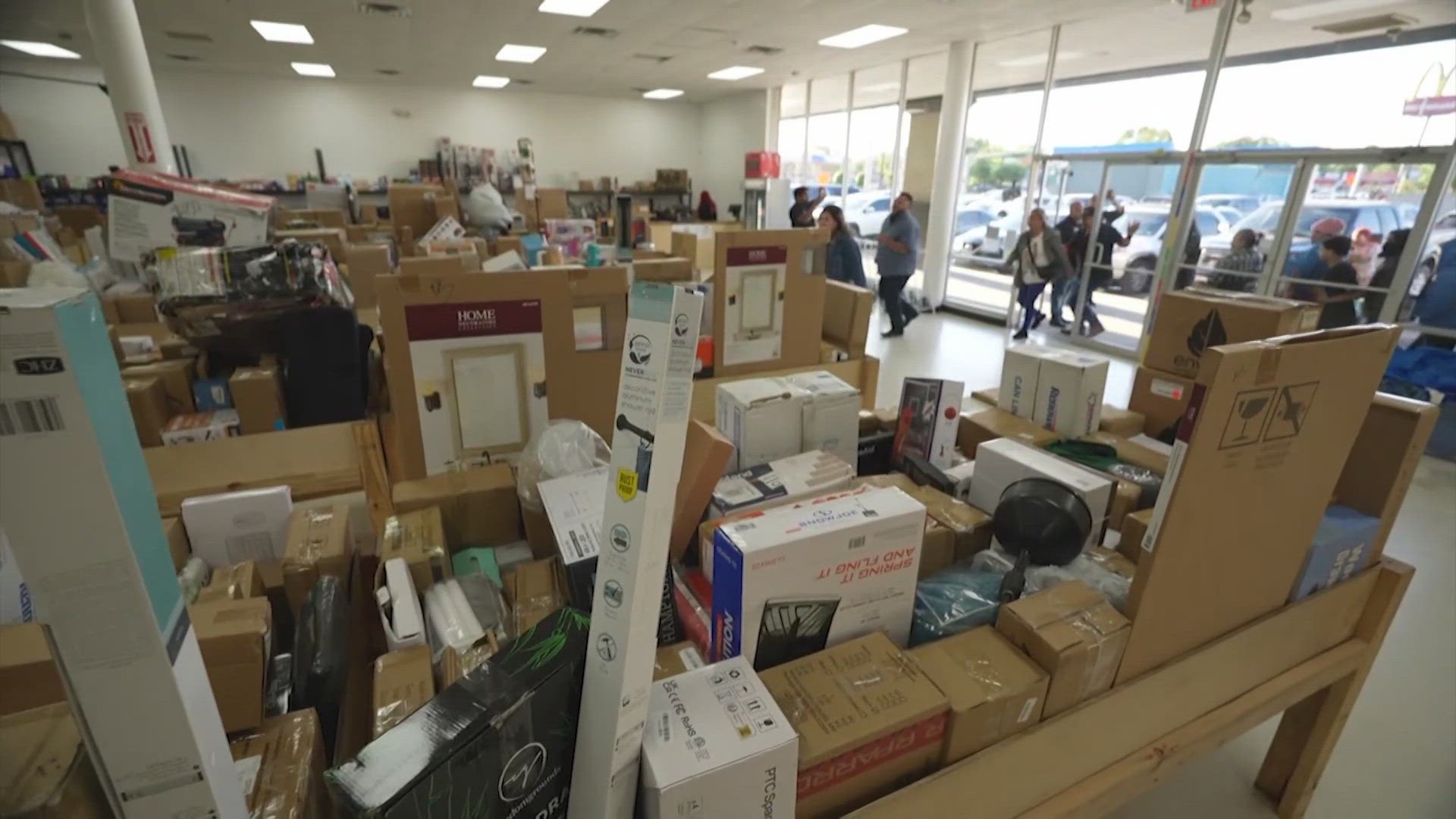AUSTIN – A vote here on Saturday to decide how ride-hailing companies like Uber and Lyft should be regulated could influence how the companies operate throughout the USA.
The Proposition 1 ballot initiative stems from a two-year standoff between the app-centric companies and Austin city leaders. If passed, the proposition, backed by the companies, will force the city to revert back to two-year-old rules that allow the companies to run their own background checks on drivers, which they claim are thorough and safe.
If rejected, a newer city ordinance will kick in that requires fingerprint checks on drivers, similar to checks taxi drivers now undergo. The ordinance also imposes restrictions on passenger pick-ups and requires emblems on all ride-sharing cars.
The Austin vote will be closely watched across the USA, as a host of other cities, from Miami to Seattle to Los Angeles, grapple with how best to regulate the technology-driven companies.
“Every major city has been going through this,” said Jen Duthie, research engineer at the University of Texas at Austin’s Center for Transportation Research. “I don’t know of anyone who has resolved this.”
Lyft launched its service in Austin in 2014, but operated outside the rules applied to taxi drivers. Uber followed shortly after. The companies allow riders to hail a driver through a phone-based app. The two quickly became hugely popular in a city that prides itself as a technology hub and hosts the massive SXSW Interactive gathering.
The city initially agreed to allow the companies to perform their own background checks. But in December the city council passed an ordinance requiring the more stringent fingerprint screenings. The companies threatened to leave Austin, as they have in other cities, which have passed restrictive ordinances. Uber and Lyft were not available for comment.
Officials with both companies have said fingerprinting requirements are burdensome and unnecessary given their own name-based background checks and would dissuade more drivers from signing up. City officials claim fingerprinting proves drivers are who they say they are and adds another layer of security. The debate gained national prominence in February when it was revealed that the gunman who killed six people in Kalamazoo, Mich., Jason Brian Dalton, was an Uber driver. There have also been allegations of sexual assaults by ride-hailing drivers in Texas and other states.
Ridesharing Works, the group backed by the companies, gathered 65,000 signatures in three weeks to bring the Austin debate to the ballot. The run-up to the vote has been contentious, with Ridesharing Works spending more than $8 million to promote the measure. An anti-Proposition 1 group spent just over $100,000, according to campaign finance filings.
The hailing companies have cut down drastically on drunk driving and brought much-needed income to thousands of drivers across the city, said Reed Galen, a campaign manager with Ridesharing Works. There are around 10,000 to 15,000 Uber and Lyft drivers in Austin, he said.
“The ultimate issue is whether or not cities like Austin are going to be able to enjoy the advantages of ridesharing as a safe and reliable way of getting around,” Galen said. “Or is the city of Austin going to go backwards and deprive its citizens of something that tens of thousands of them take of advantage of on a daily basis?”
Ann Kitchen, the city councilwoman who has led the fight for more regulation, said the issue boils down to a multi-billion-dollar company imposing its will on a city.
“Should a corporation spend $8 million to write their own public safety rules?” Kitchen said. “That’s a question for the public to answer.”
Beyond Austin, regulating ride-sharing companies could impede the companies' innovation and growth, which relies on testing new concepts, said Susan Shaheen, co-director of the University of California, Berkeley’s Transportation Sustainability Research Center.
Lyft, for example, is running a pilot program in the San Francisco area that would encourage more carpooling, a practice that has been in steep decline nationally since the 1980s, she said. “Can you imagine being fingerprinted for taking your neighbor’s kid down to the soccer field?” Shaheen said.
There are more than 315,000 Lyft drivers operating in 195 cities around the world, according to figures gathered by Shaheen. Uber operates in 360 cities in 68 countries, with hundreds of thousands of drivers signing up globally each month.
“It’s almost like an accordion: these services are expanding and contracting,” she said. “They’re exploring notions of how these people get around. If certain regulations get put in place and are adopted by other jurisdictions, what will that do to the innovation they’re trying to explore?”
Austin Mayor Steve Adler recognizes the innovation companies like Uber and Lyft bring to his city. In January, he formed a task force of tech gurus and policy experts to come up with a solution to the standoff. They created Austin Thumbs Up! – an initiative that would make fingerprinting fast and efficient and act as a third-party validator of drivers. It could be applied not just to ride-sharing companies but all sorts of peer-to-peer companies, like Airbnb, he said.
Companies ultimately agreed to the initiative and the city council passed it, but the council chose to proceed with the ballot election. Adler, who opposes Proposition 1, said he thinks it could still be used, regardless of Saturday’s outcome.
“Government cannot abdicate its responsibility to the community,” he said. “But it has to be innovative and creative and evolve. That’s what we’re trying to do in Austin.”


